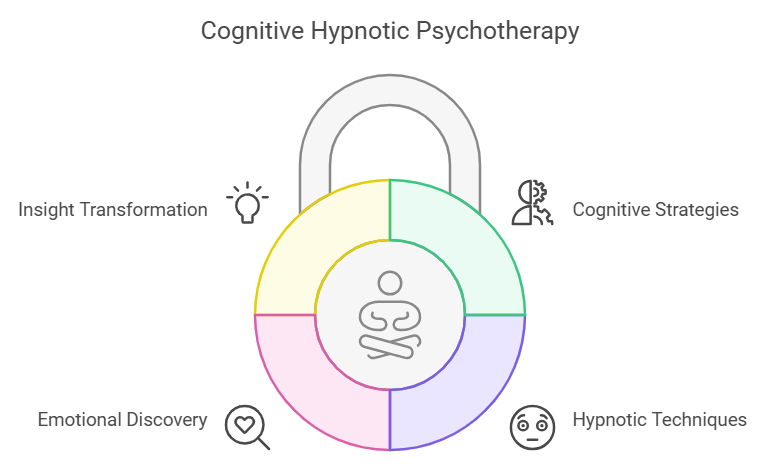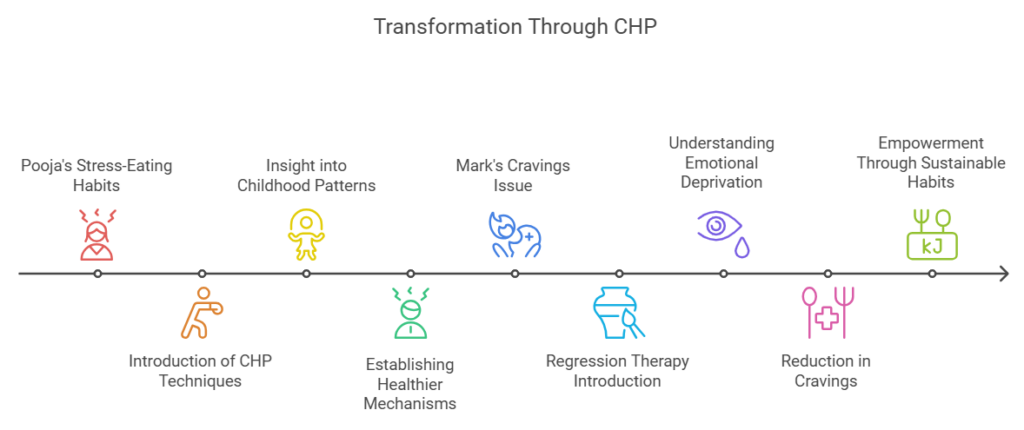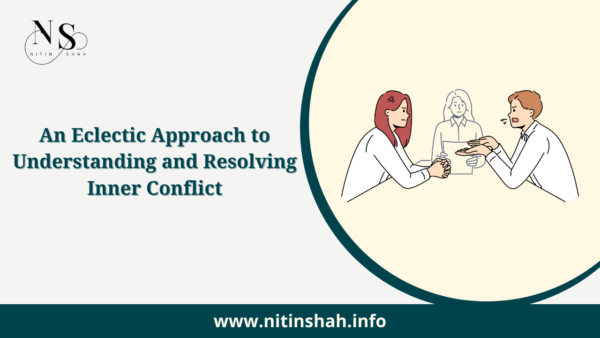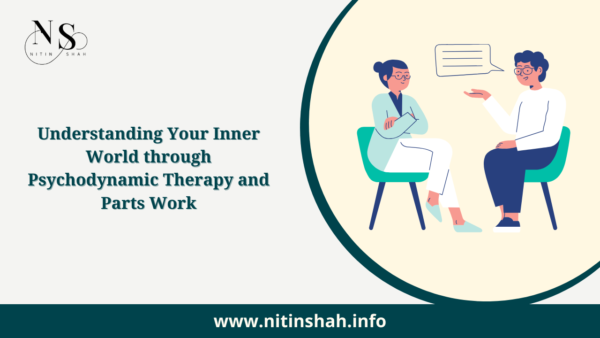Introduction: The Untold Story of Your Meal Choices
Picture yourself seated at a quaint little café, sipping on your favorite latte as you watch the world hustle by. It’s an ordinary day, filled with the usual tasks and trivial routines. Yet, your mind wanders to the chocolate croissant you just devoured. Why did you choose it? Was it hunger, or was there something more?
Welcome to the untold story of your meal choices, a narrative that unfolds in the heart of our emotions, often unnoticed, subtly influencing every bite we take. This tale isn’t just about the food on our plates; it’s about the memories, the stress, the joy, and the sorrow that season our appetites far more than any spice.
For many, eating is not just a physical necessity but an emotional voyage. The comfort foods, the stress snacks, the celebratory feasts – they’re all chapters in our complex relationship with eating. But when emotions hijack our eating habits, we find ourselves in a labyrinth where food is both the comforter and the captor.
Enter the world of Cognitive Hypnotic Psychotherapy (CHP), a beacon of hope for those seeking to untangle the threads of emotional eating. This therapeutic approach isn’t just about eating; it’s a technique-rich pathway to understanding and managing the emotions that guide our forks and knives.
As we traverse the landscape of emotional eating through the lens of CHP, prepare to uncover techniques such as self-hypnosis, cognitive reframing, and regression therapy – tools that promise not just insight, but transformation. Here’s to embarking on a journey that could well redefine your relationship with food, one plate at a time.
The Emotional Appetite Connection
In everyday life, stress, sadness, joy, and a host of other emotions can lead us directly to the kitchen. Emotionally charged eating behaviors are rarely about the body’s need for nutrients. Rather, they are an intricate dance between our emotions and the temporary comfort that certain foods promise. How Emotions Shape Our Eating Habits delves into this psychological dialogue, revealing how certain foods become symbols of solace or celebration.
Identifying Emotional Hunger vs. Physical Hunger examines the crucial differences between eating to fill a void within the soul and eating to nourish the body. It is the difference between craving the sugar rush after a tough meeting and reaching for a balanced meal when the stomach rumbles.
Finally, we must ask, is Emotional Eating: A Temporary Solace? The short-lived satisfaction of comfort foods often masks underlying emotional turmoil, leaving us in a cycle of craving and regret that can affect both mental and physical health.
Cognitive Hypnotic Psychotherapy (CHP) Unveiled
The Foundations of CHP form the bedrock for understanding this therapeutic approach. CHP merges cognitive-behavioral strategies with hypnotic techniques to create a dynamic framework for personal growth and self-improvement, particularly suited for addressing emotional eating.
At the core of emotional discovery are Techniques at the Core of Emotional Discovery such as dialogue in trance and imaginative involvement, which help clients probe into their subconscious patterns and unearth the emotional triggers bound to their eating habits.
To implement insight into tangible outcomes, Transforming Insight into Action provides a pathway for transferring these moments of discovery into everyday decisions surrounding food, ultimately promoting healthier choices aligned with personal wellbeing.

Techniques in Action – CHP and Emotional Eating
One such technique is Self-Hypnosis for Self-Discovery, empowering individuals to access their inner world and identify the links between emotions and eating behavior. By cultivating this skill, clients can self-regulate and promote balance even outside the therapy room.
Cognitive Reframing to Reshape Eating Patterns teaches clients to alter their thought processes and perspective on food, allowing them to detach emotions from eating and create a more objective relationship with their meals.
In cases where emotional triggers stem from deep-seated past experiences, Regression Therapy for Unearthing Hidden Triggers can be pivotal. This technique guides individuals back to the initial events that forged the bond between emotion and food, providing clarity and opportunities for healing.
The Benefits of Recognizing Emotional Triggers
Unveiling the drivers of your dietary choices through a psychological lens can lead to profound changes. In Improved Self-Awareness and Control, we explore how identifying these triggers betters your understanding of your inner workings, granting enhanced self-control over your eating patterns.
- Improved Self-Awareness and Control: Understanding emotional triggers enhances self-awareness, granting better control over eating patterns.
- Long-Term Health and Wellness: Managing emotional triggers leads to healthier dietary choices, fostering lasting health improvements.
- Greater Emotional Intelligence and Resilience: Equips individuals with skills to respond to emotional turmoil with clarity, reducing reliance on food for comfort.

Implementing Cognitive Hypnotic Psychotherapy Techniques in Daily Life
- Simple Practices for Everyday Balance: Practical ways to incorporate self-hypnosis and mindfulness into daily routines to reinforce positive eating behaviors.
- Creating a Personalized Coping Strategy: Tailored methods allow personalized responses to emotional cues, aligning with personal values and lifestyle choices.
- Nurturing a Supportive Environment for Change: Emphasizes the importance of a supportive network in reinforcing positive changes made during therapy.
Real-Life Success – Stories of Transformation
Among the most persuasive narratives are those of real people, like Pooja, a mid-level manager whose stress-eating habits had left her feeling powerless. Through the process of Cognitive Reframing and Self-Hypnosis learned in therapy, Pooja discovered that her after-work binges were attempts to compensate for the lack of control she felt at her job. With her therapist, she traced these patterns to her childhood, where she first used sweets as a reward. Armed with this insight and the tools of CHP, Pooja was able to establish healthier mechanisms for managing stress, leading to a significant improvement in her overall well-being.
Mark’s journey adds another dimension to the success stories. Facing severe cravings that often led to overeating, Mark found solace in Regression Therapy through CHP. By revisiting and processing unresolved emotions from past experiences, Mark learned that his cravings were tied to periods of emotional deprivation. Understanding this, he could address the root causes, leading to a considerable reduction in his cravings and a healthier approach to eating.
These stories and countless others serve as testaments to the transformative power of therapy in understanding and overcoming emotional eating.
The Road Ahead – Beyond Emotional Triggers
As this journey nears completion, Sustainable Eating Habits for Life empowers readers with practical tools to continue their progress, encouraging a mindset where food is enjoyed for both nourishment and pleasure in balance.
Further Resources and Support provides an array of additional help, including support groups, wellness apps, and recommended readings, offering comprehensive care options.
Finally, Making the Decision to Seek Therapy emphasizes the importance of taking that crucial first step toward overcoming emotional eating. Seeking professional therapy can be the transformative catalyst needed for a balanced and fulfilling relationship with food.





